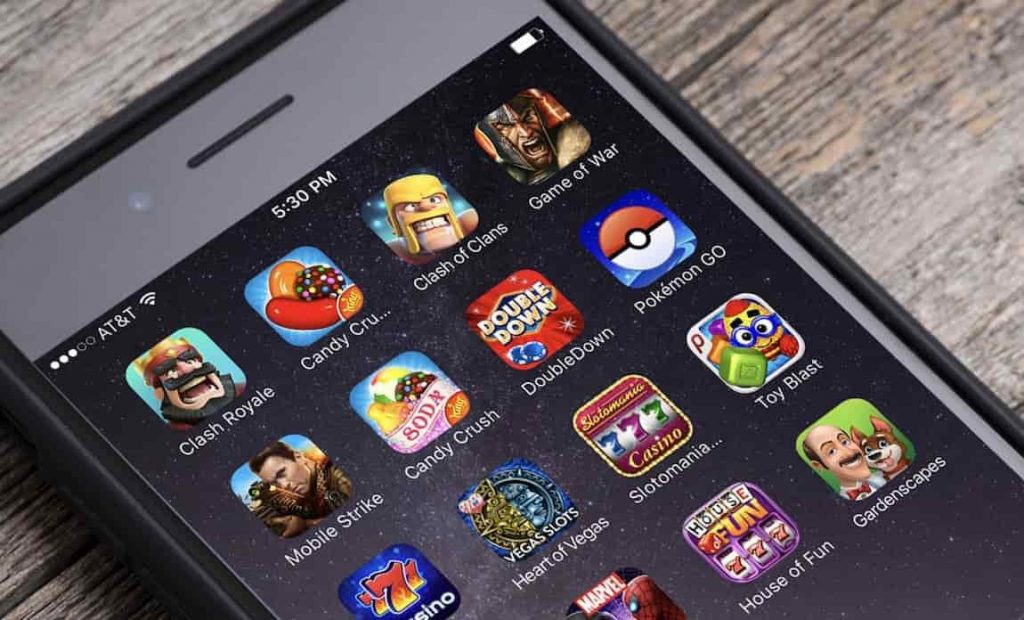According to Media War and Peace, globally there are now twice as many gamers as TV subscribers. Whilst this is as much a comment on the demise of linear TV, it is an extraordinary rise in the number of gamers, driven in large part, by the number of people gaming on apps on their mobile device.
Mature people are playing their part in this growth story. Gamers aged over 50 seemingly don’t consider the time they spend gaming as lost time – far from it. They consider their gaming as beneficial to their overall health and wellbeing as it helps them to relax but in a way which keeps them both mentally sharp and continually challenged.
According to AARP research, over 50s gamers are playing for 12 hours a week on average, with 45% confirming that they play every day, a number confirmed in the Voice of Experience survey locally amongst 1,150 Australians aged 50+, in which 38.8% indicated that they accessed mobile apps every day.

Whilst these numbers are continuing to grow, helped significantly by the Covid19 pandemic, play in general is seen by 77% of people aged over 50 as beneficial and an important aspect of healthy ageing. Play has long been seen as critical for children’s development, but now more than ever, is also considered important to help us be our best version of ourselves as we age.
As with younger people, playing with other people during older age also improves reaction speed, critical thinking, and communication skills.
Understandably, there aren’t as many professional gamers aged over 50, but even in the world of professional gaming ageism is sometimes still an issue. Duncan MacLeod who runs the channel ‘Boomer Gaming’ and is ranked in the top 10% of Apex Legends players globally says, he still ‘… gets little jokes and jibes…but definitely the easiest way is to treat it as not being that important and just build good relationships with the people who do care.’
To an extent, Celia Pearce of Northwestern University in the US agrees. She runs a research group called Games for Life which aims to make gaming even more accessible for older people.
Outside of the game design themselves, hardware issues with gaming consoles, for example the game controllers, which require dexterity or the use of tiny fonts that are difficult to read, can restrict accessibility.
However, the rise and rise off app delivered games through mobile devices seems set to continue. As Pearce confirms “[they] take maybe two minutes to play, are engaging and then it’s done, you don’t have to learn new controls.”
